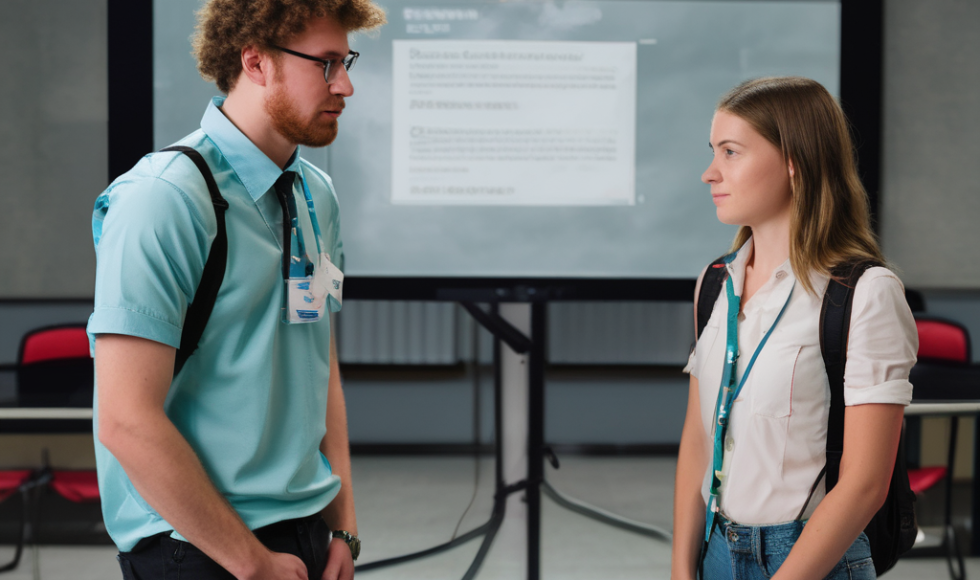Tonight, I watched the London Calling 2024 session by Julie Dragon from the University of Vermont. The title was “Shining Light on a Dark Mystery: melanoma in Bullhead Benthic Fish in Lake Memphremagog.” Dragon stated the problem: melanoma is found consistently in 30% of one species of fish in one lake! The brown bullhead is […]
Umran Yaman from the UK Dementia Research Institute at University College London in the UK presented at London Calling 2024 on “Long-read transcriptomics shows synaptic adaptation to amyloid pathology in Alzheimer’s.” Yaman is a Ph.D. candidate and described how the accumulation of amyloid drives microglial activation. They performed long-read sequencing of cDNA from mice. They […]
Michael Nakai from the Peter MacCallum Cancer Centre in Australia spoke at London Calling 2024. The session title was “Isopod: detecting differential isoform usage from long-read single-cell data.” Nakai is a Ph.D. candidate and explained why we are interested in isoforms and splicing events. With long-read sequencing, information about splicing and different isoforms can be […]
I’m back home! I watched the London Calling 2024 session “Mobile lab for rapid detection of pathogens in wastewater in sub-Saharan Africa” by Rea Kobialka from the Institute of Animal Hygiene and Veterinary Public Health in Germany. Kobialka demonstrated the setup of the mobile lab suitcase for wastewater analyses. The suitcase lab needs a mobile […]
We had a productive and fun day working in Minneapolis on the PALM and Vision and Change project! I am glad I was able to come here and work with friends. Tonight, I watched the London Calling 2024 session “Plant T2T genome assembly using ultra-long and adaptive nanopore sequencing” by Bosheng Li from the Institute […]
Today I am traveling to Minnesota to meet with our PALM Vision and Change team. I have an evening flight and will watch another shorter London Calling 2024 session. Eddy de Boer from the University Medical Center Groningen in the Netherlands was the presenter. This one focused on using adaptive sampling for genome sequencing and […]
Ndack Ndiaye from the Pasteur Institute in Senegal gave a presentation at London Calling 2024 on the “Molecular epidemiology of Enterovirus A71 in Senegal between 2013-2021.” Ndiaye started by providing information about enteroviruses: these positive-sense single-stranded RNA viruses continue to re-emerge and have unpredictable pathogenic properties. These viruses are associated with flaccid paralysis. Ndiaye noted […]
I had heard about the work from the Iolani School during one of the Nanopore Education Beta group meetings. Tonight, I watched Ethan C. Hill, a bioinformatician with the Iolani School, and Jaymie M. Frith, a 12th-year student, present at London Calling 2024. Their session was titled “Genome science in high-school classrooms: inflammation, glutamate and […]
Katharina Wolff from TU Braunschweig, Germany, presented a five-minute session at London Calling 2024 titled “Empowering scientists with data literacy skills in long-read genomic sequencing.” Wolff spoke about the variety of plants around us and empowering students to learn about plant diversity. They wanted to address the increasing availability of data and lack of data […]
Claire Anderson from the University College London in the UK presented at London Calling a short session on “Adaptive sampling reveals pathogenic repeat expansion underlying spinocerebellar ataxia.” Spinocerebellar Ataxia Type 4 (SCA4) is an autosomal dominant hereditary ataxia characterized by sensory neuropathy, explained Anderson. The locus has been linked to chromosome sixteen. Anderson and their […]











